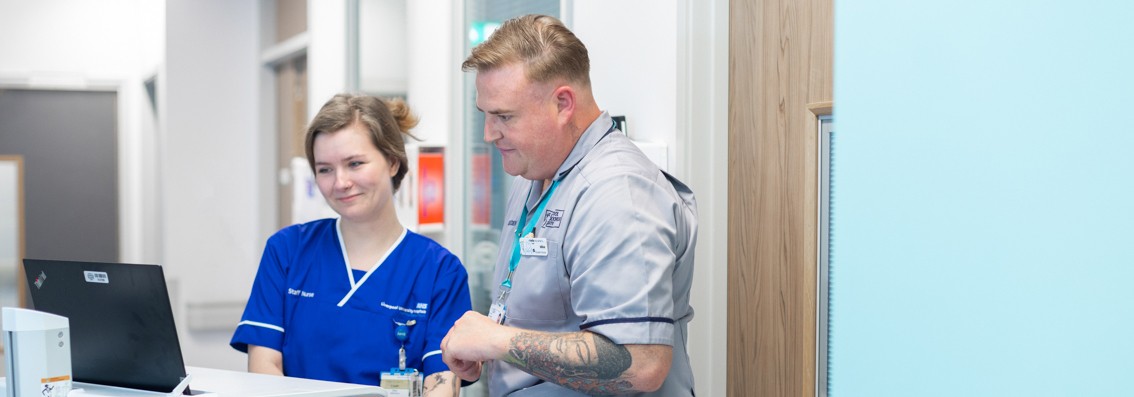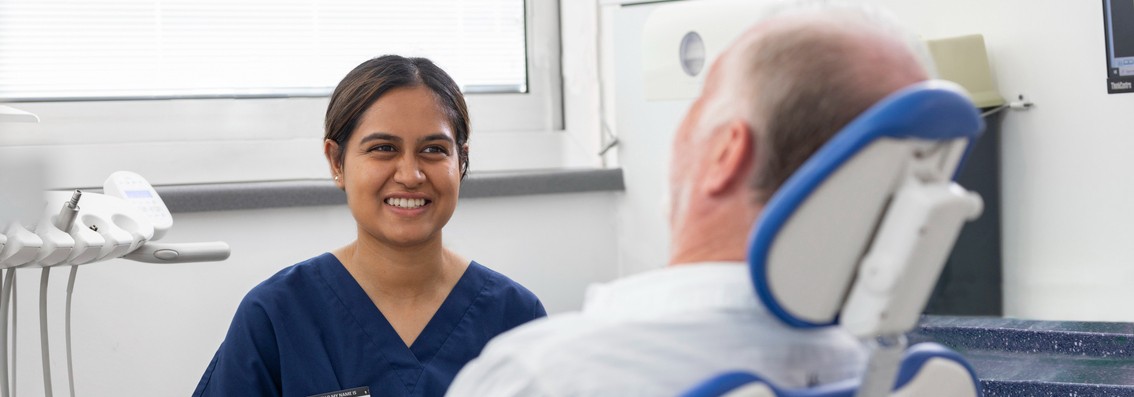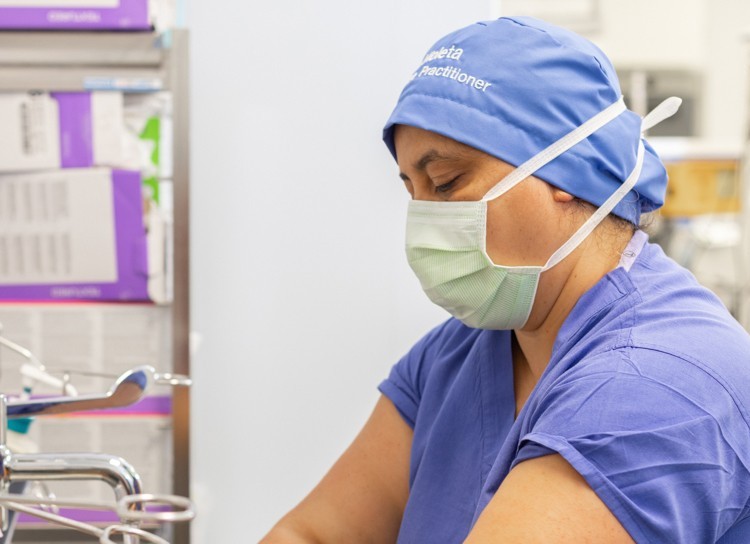The Professional Nurse Advocate (PNA) is a qualified practising nurse who has undertaken a Level 7 PNA accredited Programme that has been developed around the A-EQUIP model (Advocating for Education and Quality Improvement) initially introduced into Midwifery in 2017.
The four functions of the A-EQUIP model are:
- Formative (Education and Development) – Knowledge and skills, Opportunities for professional development/CPD and Involvement in Education activities, Self-reflection
- Normative (Monitoring, Evaluation and Quality Control) - Delivery of safe care, Develop effectiveness and ability in role, Mandatory training, Service improvement
- Restorative (Clinical Supervision) – Provision of the support that is needed to enhance health and wellbeing by means of restorative clinical supervision.
- Personal action for quality improvement - To provide a framework to embed continuous improvement in practice.
The PNA role aims to build on the personal and professional clinical leadership of nurses, enhance the quality of care for patients, and support preparedness for appraisal and professional revalidation. The restorative function including the delivery of restorative clinical supervision (RCS) has been shown to have a positive impact on the physical and emotional wellbeing of staff as it reduces burnout, stress and absences, and improves job satisfaction and patient experience (NHS England, 2021).
LUHFT's PNAs assist staff by having career conversations, assisting with revalidation, reflective discussions, and facilitating restorative clinical supervision sessions. Staff members can self-refer to PNAs, but senior nurses can also refer individuals who may benefit from PNA assistance.





